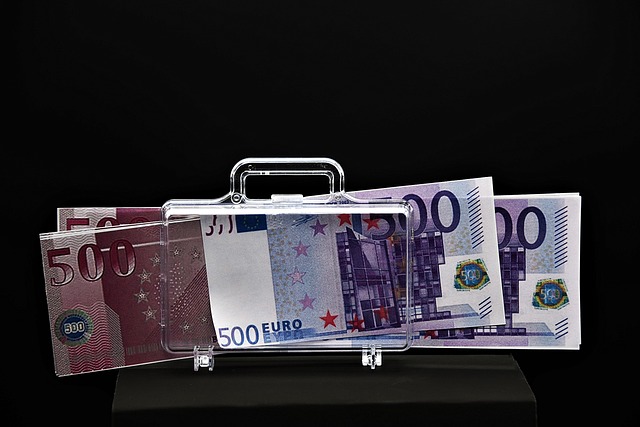In the digital era, car title loan processes are evolving with paperless billing and utility bill verification. Digitally stored utility bills provide instant confirmation of vehicle ownership, expediting loan approvals. Lenders use current statements for verification alongside other factors like creditworthiness and vehicle condition. This shift to electronic documentation offers increased convenience, faster processing, enhanced security through encryption, and better data analysis for informed decisions.
In today’s digital age, the shift towards paperless utility bills is gaining momentum. This trend raises questions about its viability for critical processes like car title loan verifications. Understanding how these electronic statements work and their potential impact on securing loans is essential. This article explores ‘paperless utility bills’ and their role in the car title loan verification process, while also peering into the future of digital bill acceptance and its implications for both lenders and borrowers.
- Understanding Paperless Utility Bills
- Car Title Loan Verification Process
- The Future of Digital Bill Acceptance
Understanding Paperless Utility Bills

In today’s digital age, many utility companies have embraced paperless billing as a convenient alternative to traditional paper statements. This shift is largely driven by the ease and speed of electronic transactions, offering customers real-time access to their account information. Paperless utility bills typically involve receiving notifications, invoices, or payment confirmations via email or through dedicated mobile apps. Customers can view, download, or save these digital documents, eliminating the need for physical paper. This method not only reduces tree consumption but also simplifies record-keeping and retrieval for both consumers and service providers.
When considering car title loan utility bill verification, understanding this new billing paradigm is essential. Lenders often require proof of financial obligations and stable income sources when offering secured loans, such as those associated with a car title transfer. While traditional paper bills may have been sufficient in the past, many lenders are now accepting digitally stored utility bills for verification purposes. This transition ensures a quicker approval process thanks to easy access and instant verification capabilities. Secured loans, including title transfer services, can be more readily accessed and managed through digital platforms, fostering a modern and efficient financial ecosystem.
Car Title Loan Verification Process

When applying for a car title loan, the verification process is a crucial step to ensure both lender and borrower are protected. This typically involves confirming key aspects of the loan requirements, including the vehicle’s ownership status. Lenders will request proof that you are the legitimate owner of the vehicle, which can be done through digital or physical documents. In recent years, with the shift towards digital documentation, utility bills have emerged as a common alternative for verifying vehicle ownership alongside traditional registration papers.
In the context of car title loan utility bill verification, lenders may accept current and official-looking utility bills such as electricity, water, or gas statements displaying the borrower’s name and vehicle registration details. This method simplifies the process, especially in today’s digital era, where paperless utility bills are becoming more prevalent. However, it’s essential to remember that while these bills can serve as a form of verification, lenders will also consider other factors like loan terms, creditworthiness, and the overall condition of the vehicle during their assessment.
The Future of Digital Bill Acceptance

The future of digital bill acceptance is here, reshaping the way we manage our finances and interact with various services. As the world moves towards a more streamlined and efficient digital economy, it’s inevitable that utility bills, including those for car title loans, will also embrace this shift. The traditional paper-based system is slowly becoming obsolete, giving way to electronic documentation and online verification. This transition offers numerous advantages, such as increased convenience for consumers, reduced processing times, and enhanced security through advanced encryption techniques.
With digital bill acceptance, verifying car title loan applications becomes more straightforward. Instead of manually checking physical bills, lenders can now access and confirm the validity of utility expenses instantly. This streamlines the loan approval process, enabling faster same-day funding and more flexible loan terms. The shift to digital also opens up opportunities for enhanced data analysis, allowing lenders to make informed decisions based on comprehensive consumer information, ultimately benefiting both parties in the loan transaction.
As we move towards a more digital and paper-free world, the question of whether paperless utility bills can be accepted for car title loan verification becomes increasingly relevant. The process of verifying these digital documents is evolving, with advanced technologies enabling secure and efficient authentication. While there may be initial concerns about accuracy and security, the future of digital bill acceptance looks promising. Embracing this shift could streamline the car title loan process, making it more convenient for both lenders and borrowers. Ultimately, the transition to paperless utility bills for verification is a step towards a more modern and streamlined financial landscape.






